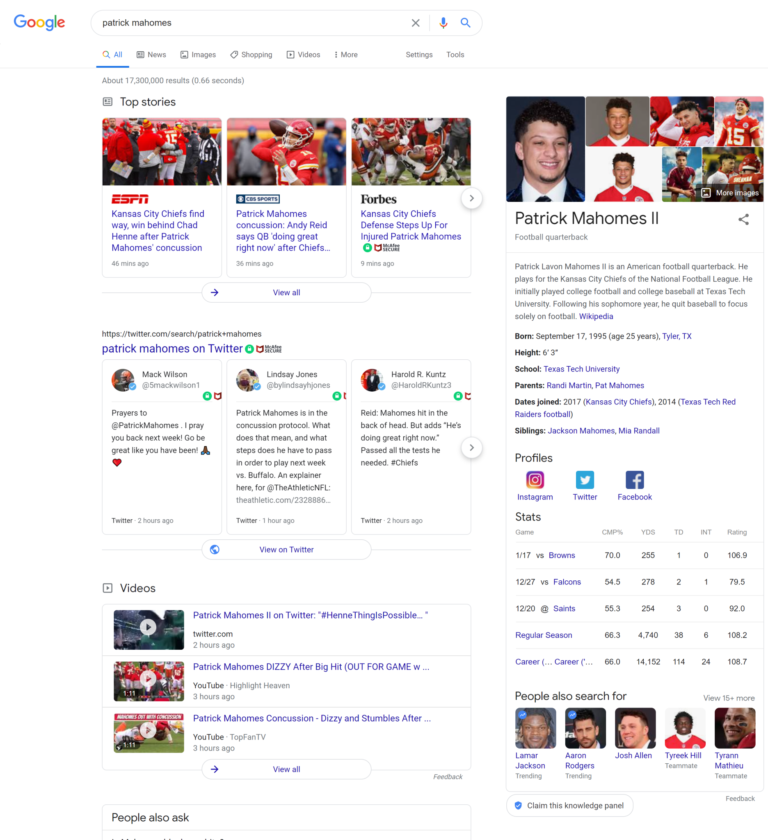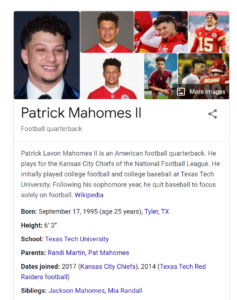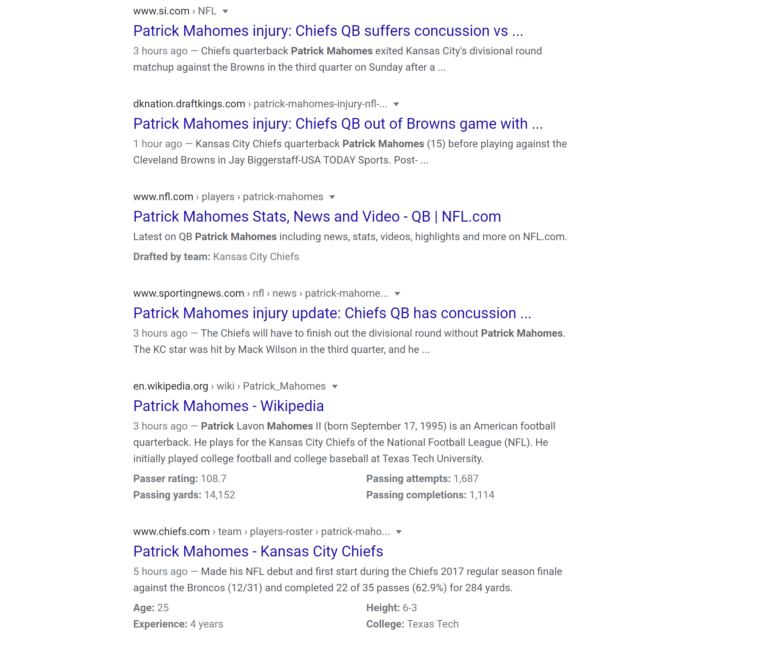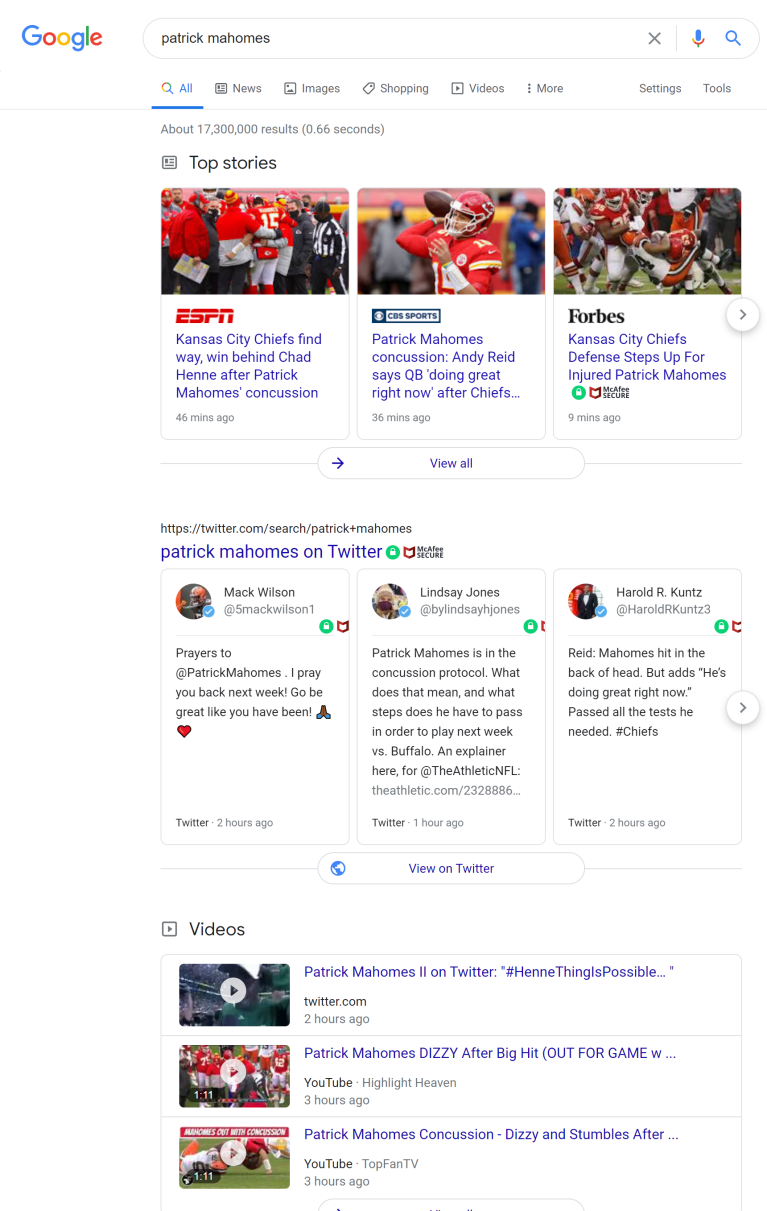The New Google Search Engine Results Page (SERP)
Since their introduction some 25 years ago, search engines have presented one of the greatest opportunities for small businesses to level the playing field with their larger rivals. A startup that could figure out how to prominently rank in the organic search results could gain tons of brand exposure and direct tons of web traffic to its site with relatively little spend. These types of feats were incredibly challenging to pull off before the Internet.

Search Engine Optimization (SEO) has been one of the ways the web has democratized marketing over the past few decades. Thousands of small businesses were propelled into stardom by making themselves visible on Google. A whole new cottage industry of search professionals emerged to help businesses play the SEO game.
But the game is changing. Ranking in the top organic search results on Google is no longer as rewarding as it was just a few years ago. Each year traditional organic search results are being pushed further down the first page of Google. For popular keywords, organic search results are listed below three to four ads and new SERP features like:
- Featured Snippets
- Knowledge Graphs
- Image Packs
- Top Stories Panels
- Video Panels
- People Also Ask
- People Also Search
Beyond Text Ads and Search Results
For example if you were to search on “Patrick Mahomes” you would get a page that looks like the one below with various panels such as top stories, recent tweets, a video pack, and a knowledge panel (right).
Google Search for “Patrick Mahomes” performed in January 2021 brings up a mix of different SERP features.
Knowledge Graphs
These new SERP features are increasingly taking up more of the premium real estate on the Google search results page. Knowledge graphs are always featured prominently on the top right side of the page with eye-catching graphics that grab the user’s attention.
Knowledge Panels catch your eye and often answer quick questions you might have about the keyword.
Organic Search Engine Results
End-users are more likely to focus their eyes on photos like the ones of Patrick Mahomes above than traditional text snippets presented for ads and organic search results shown below. It is also important to note that all of these SERP features are displayed at the top of the page, high above organic search results from Sports Illustrated, DraftKings, Wikipedia, SportingNews, the NFL, or the Kansas City Chiefs (shown below). These SERP features impact end-user behavior. In many cases, the content excerpted in these SERP features satisfies the user’s query and there is no click on any of the links presented in the organic search results (a zero-click scenario).
These are the top organic search results, which users have to scroll down to see.
Other Featured Snippets
In other cases, the content excerpt provided entices the user to click on a link that they may not have otherwise explored. For example, in the Patrick Mahomes search results, many users may be enticed to click on the Top news stories, recent tweets, or videos (see below). Clicking these links preempts users from scrolling down to see the top organic search engine results. In other words, the SERP features have diverted the end-user’s navigation away from the historical pattern of reviewing organic results.
Many users will divert and click on these SERP features at the top of the page.
The Zero Clicks Search Engine Page
The overall effect is that organic search results get less visibility and fewer clicks, making the investment in traditional SEO less rewarding. Over the coming years it is likely that Google will becoming more of a walled garden, continuing to devote more and more of its premium real estate on its own SERP feature content. However, Google is not really killing organic search. It is actually improving upon it by organizing search results in more meaningful and visually appealing ways. Most of the content for SERP features is being sourced from external websites (rather than in-house by Google).
Now is not the time for marketers to abandon SEO. They can still win the SEO game. They just need to play it differently. Instead of obsessing over the traditional top organic search results, SEO professionals need to shift their focus on how to show up in featured snippets like knowledge panels, image packs, and people also ask FAQs. More thoughts in a future post…













